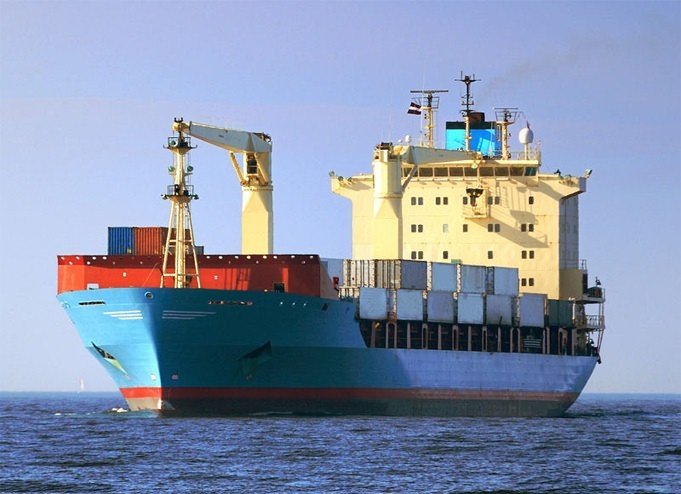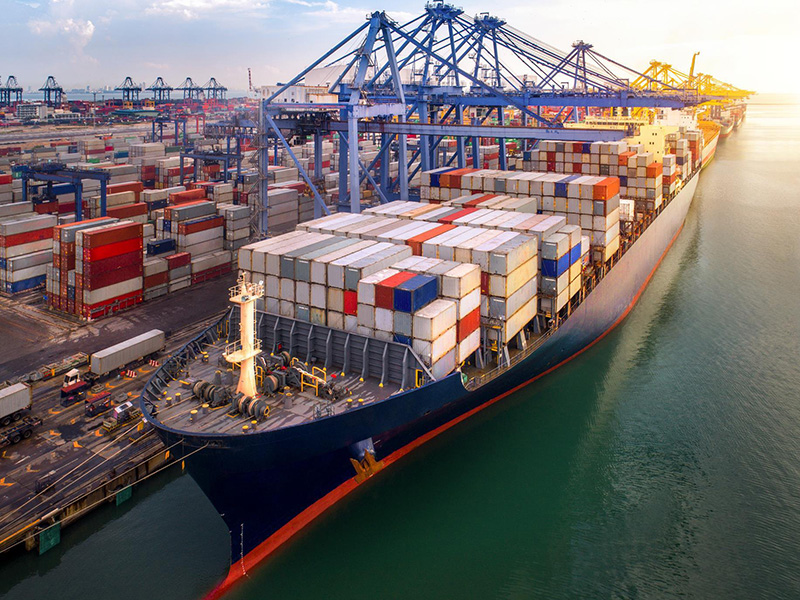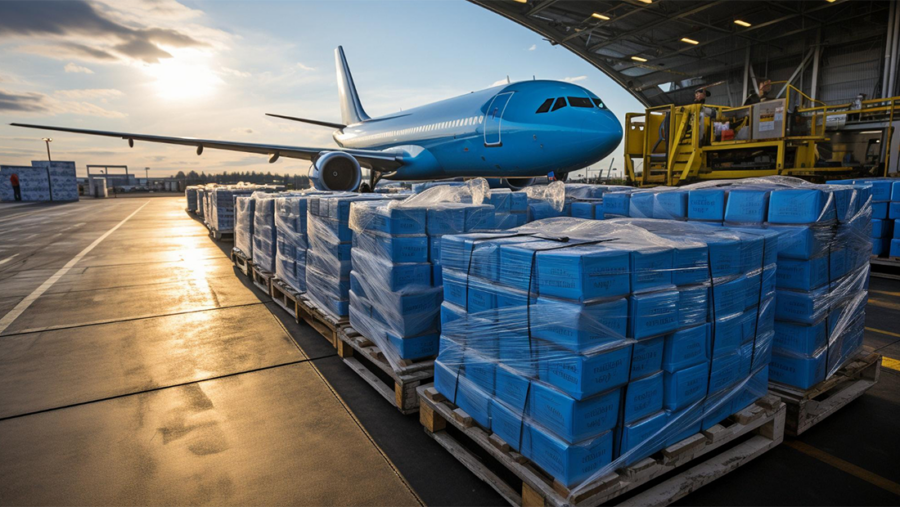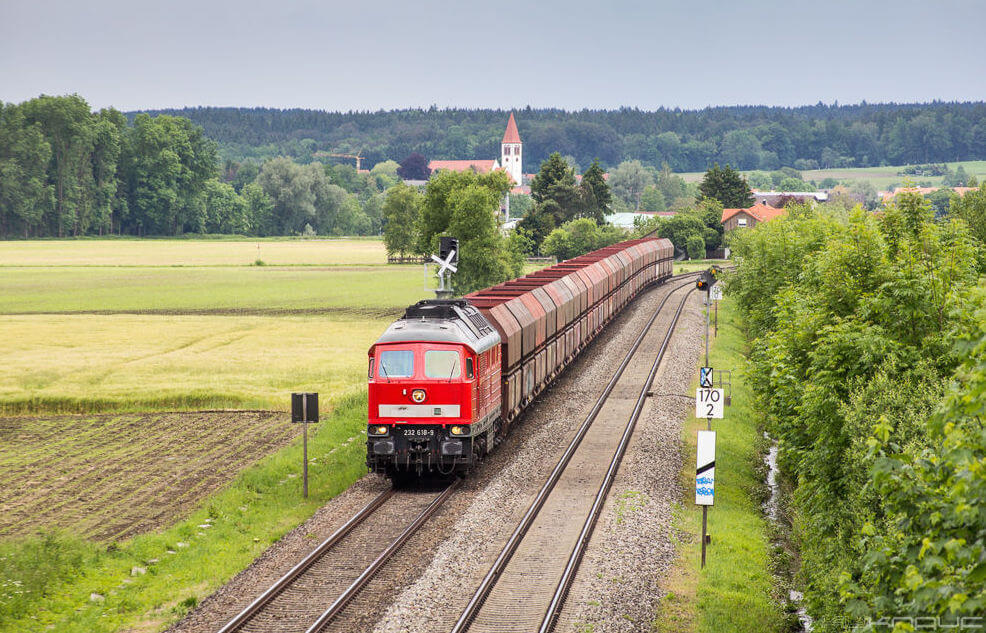- By TOP CHINA FREIGHT
- August 28, 2025
- Shipping
Transport from China to Portugal is a key link in the global supply chain. Many businesses, from electronics importers to textile wholesalers, struggle with balancing costs, delivery speed, and customs compliance. This comprehensive guide covers every aspect of shipping, helping you plan efficient logistics, minimize risks, and save on transport expenses.

1.Overview of Transport from China to Portugal
Portugal is a growing destination for goods from China, importing electronics, textiles, furniture, auto parts, and machinery. Choosing the correct shipping mode ensures smooth operations and predictable costs.
The three primary modes are:
- Sea Freight – Best for large and non-urgent shipments.
- Air Freight – Ideal for urgent, high-value cargo.
- Rail Freight (with truck connection) – Balanced option for mid-priority shipments.
With a reliable freight forwarder, importers can navigate route planning, paperwork, and customs to achieve on-time delivery and avoid extra charges.
2.Main Transportation Options
| Mode | Transit Time | Best For | Average Cost | Key Notes |
|---|---|---|---|---|
| Sea Freight (FCL/LCL) | 25–35 days | Bulky, heavy, or non-urgent goods | $1,500–$3,000 per 20ft container | Most cost-effective but slower |
| Air Freight | 5–8 days | Urgent, perishable, or high-value goods | $5–$8 per kg | Requires precise documentation |
| Rail + Truck | 18–22 days | Medium shipments needing faster delivery than sea | $3,000–$4,000 per 40ft container | Limited availability but reliable option |
| Express Courier | 3–5 days | E-commerce, samples, small packages | $6–$10 per kg | Easy tracking, higher cost per unit weight |
3.Sea Freight: The Cost-Effective Choice

Sea freight dominates Transport from China to Portugal for its affordability and capacity. It is ideal for businesses importing large shipments or planning steady inventory flow.
Key Sea Ports:
- China: Shanghai, Ningbo, Shenzhen, Qingdao, Guangzhou
- Portugal: Lisbon, Leixões, Setúbal
Advantages:
- Lowest per-unit cost.
- Suitable for all cargo types, including hazardous goods and oversized items.
- Flexible options with Full Container Load (FCL) or Less than Container Load (LCL).
Practical Tips for Sea Freight:
- Plan shipments 4–6 weeks ahead to avoid delays.
- Use LCL for smaller loads to save on full container costs.
- Check carrier reliability during peak seasons to avoid rollover risks.
4.Air Freight: Speed and Reliability

Air freight is the fastest mode of Transport from China to Portugal, ensuring delivery in less than a week. It’s suitable for high-value electronics, pharmaceuticals, and fashion products requiring rapid replenishment.
Popular Airports:
China: Shanghai Pudong (PVG), Guangzhou (CAN), Beijing (PEK)
Portugal: Lisbon Airport (LIS), Porto Airport (OPO)
Advantages:
- Fastest transit time.
- High reliability with multiple flights per week.
- Advanced tracking for real-time updates.
Optimization Tips:
- Book during off-peak seasons to reduce costs.
- Optimize packaging weight and dimensions to avoid volumetric charges.
- Consolidate shipments with other importers for better rates.
5.Rail Freight: Balanced Cost and Speed

The China-Europe rail network offers an increasingly popular route for Transport from China to Portugal. Goods are transported to central European hubs and then delivered to Portugal by truck.
Key Benefits:
- 40% faster than sea freight.
- Up to 50% cheaper than air freight.
- Lower carbon footprint, supporting sustainability goals.
Suitable Cargo:
- Mid-sized shipments.
- Electronics, mechanical parts, and general merchandise.
- Goods that are time-sensitive but do not justify air freight costs.
Considerations:
- Space is limited — early booking is recommended.
- Extra coordination is needed for final trucking legs.
6.Customs Clearance and Documentation
Smooth customs clearance is critical in Transport from China to Portugal. Mistakes can cause costly delays or penalties.
Required Documents:
- Commercial invoice.
- Packing list.
- Bill of lading (sea) or airway bill (air).
- HS codes for proper classification.
- CE certification for regulated goods.
Tips to Avoid Delays:
- Double-check documentation for accuracy.
- Pre-calculate duties and VAT to avoid surprises.
- Use a forwarder experienced with EU regulations.
7.Factors Influencing Transport Costs
Air is pricier but faster; sea offers savings for bulk loads.
Rates rise during Q4 or pre–Chinese New Year.
Heavier cargo incurs higher fees.
Direct routes may cost more but reduce transit time.
Decide cost responsibility upfront with FOB, CIF, or DDP terms.
8.Cost-Saving Strategies
- Consolidate LCL shipments with other businesses.
- Schedule shipments during off-peak periods.
- Work with experienced freight forwarders for better rates.
- Use optimized packaging to reduce dimensional weight charges.
- Negotiate long-term contracts if you ship regularly.
9.Estimated Transit Times
| Method | Estimated Transit Time |
|---|---|
| Sea Freight (FCL/LCL) | 25–35 days |
| Air Freight | 5–8 days |
| Rail + Truck | 18–22 days |
| Express Courier | 3–5 days |
10.Choosing the Right Freight Forwarder

The success of Transport from China to Portugal depends on selecting a reliable logistics partner.
What to Look for:
- Strong carrier network and route expertise.
- Transparent pricing without hidden charges.
- Full-service options, including customs and last-mile delivery.
- Positive customer reviews and proven track records.
Partnering with a professional forwarder ensures smoother operations, better cost control, and timely deliveries.
Conclusion
Efficient Transport from China to Portugal requires a clear understanding of routes, costs, and regulations. By planning ahead, consolidating shipments, and partnering with reliable freight forwarders, businesses can reduce costs, ensure timely delivery, and maintain smooth supply chains.
Need a Shipping Quote?
If you want expert guidance and peace of mind, our team is ready to assist.
TJ China Freight offers tailored solutions to help businesses of all sizes ship more reliably from China.
FAQs
Q1:What is the cheapest way to transport from China to Portugal?
Sea freight is the most affordable option, especially for full container loads.
Q2How much does it cost to ship a 20ft container from China to Portugal?
On average, between $1,500 and $3,000, depending on season and route.
Q3:Is rail freight reliable for Portugal?
Yes, rail freight via European hubs is stable and increasingly popular for balanced speed and cost.
Q4:What are common customs mistakes to avoid?
Incorrect HS codes and missing documentation are the main causes of delays.
Q5:When should I book my shipment?
Book sea freight at least 4 weeks in advance and air freight 1–2 weeks prior to ensure space and better rates.
